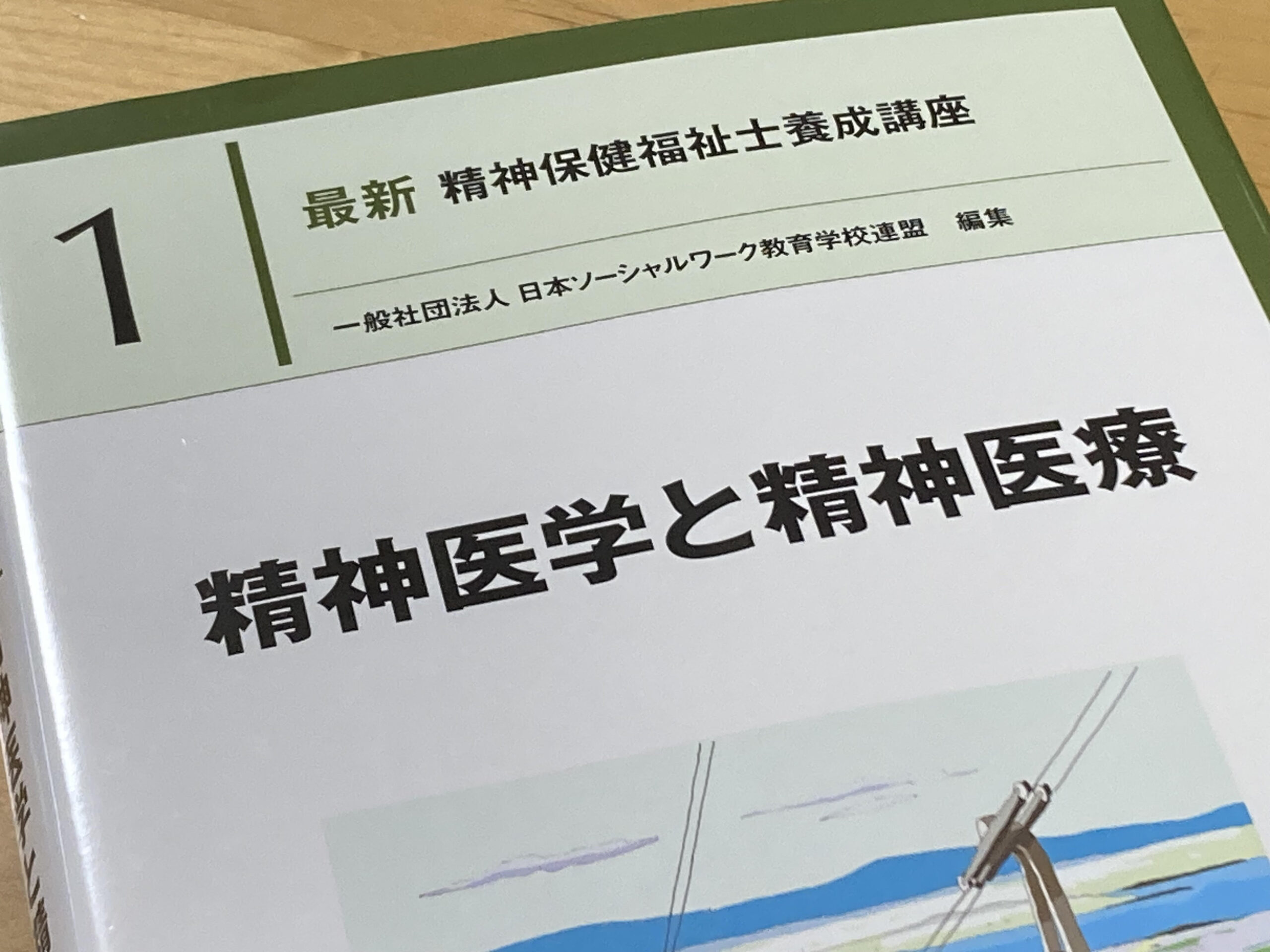精神保健福祉士の資格を目指す奥さんは、ただいま通信教育で勉強真っただ中。
このあいだ戻ってきたレポートの添削結果に、家族みんなで「おお〜」と声が揃った。
テーマは「統合失調症の陽性症状が落ち着いたあとの社会復帰」について。
しかも「社会の偏見」や「制度の不備」といった“外側の問題”ではなく、患者本人の“内側の課題”に注目するという、なかなか骨太なお題だ。
奥さんの回答は、いわゆる元気になって復帰する、という社会に合わせるという視点での回答。一方で、先生のコメントはーーー
「たとえば“もともとひとりが好きな人”にとっては、“できるだけ人付き合いを避けて、ひっそりと暮らす”ことが、本人にとって自然な回復の形」
「正しいことをだけで済ませず、その人の“らしさ”にどこまで想像力を持てるかが、福祉職にとっては大切です」
なるほど。
“社会に戻す”じゃなくて、“その人に戻る”という考え方。
それも、ありなんだ。
幻聴や妄想といった“陽性症状”が落ち着いたあとも、本人の中には「自信のなさ」や「人と関わることへの不安」が残っていることがある。
周囲が「もう大丈夫そう」と見えても、本人は“どこまで自分を出していいか”分からず、戸惑っていることも多い。
そんな「ズレ」や「ためらい」に敏感であること。
そして、“みんなと同じ”じゃなくて、“その人らしい暮らし”を一緒に見つけていくこと。
それこそが、福祉の力なんじゃないかと。
その夜の食卓は、なんとなく安心と納得が漂っていた。
ワシはその空気を読みながら、静かにカルカンを食べる。
人間って大変だけど、誰かと一緒に「らしさ」を探せるって、ちょっといいなと思うのだ。
🐾 “Being True to Oneself, Not Just Being Right”
My wife, who’s currently studying through a correspondence course to become a certified psychiatric social worker, recently got one of her assignments back—with comments that made the whole family go “Ooohh” in unison.
The topic?
“Social reintegration after the positive symptoms of schizophrenia subside.”
But it wasn’t about external challenges like social prejudice or systemic flaws—no, this one focused on the internal struggles of the patient. Pretty tough stuff.
My wife’s response leaned toward the idea of getting well and returning to society—in other words, adapting to societal norms.
But then came the instructor’s feedback:
“For someone who’s naturally a solitary person, a recovery that means ‘avoiding social interaction and living quietly’ might actually be the most natural path forward.”
“Rather than just saying what’s correct, what matters in welfare work is how much imagination we can have for that person’s own way of being.”
Ah, that made sense.
It’s not about “bringing someone back to society.”
It’s about “bringing them back to themselves.”
And that… that’s okay, too.
Even after positive symptoms like hallucinations and delusions settle, people might still be left with lingering insecurities or anxiety about human interaction.
Others may think, “They seem fine now,” but the person themselves might not know how much of their true self they can safely show—and that uncertainty can be paralyzing.
Being attuned to that gap, that hesitation—
And helping someone find a way of living that isn’t “just like everyone else,” but truly their own.
That, perhaps, is what the real power of welfare is all about.
That night at the dinner table, there was a quiet sense of peace and understanding in the air.
Sensing the mood, I nibbled at my Kalkan in silence.
Humans sure have it tough, but the idea of searching for one’s true self together with someone else—
Honestly, it sounds kind of beautiful.



